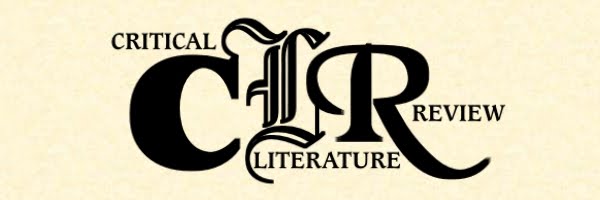Ever since Uwem Akpan burst on the literary scene with the publication of two of his short stories in The New Yorker (in June 2005 and June 2006) and the subsequent rumours of a seven figure publishing deal, there had been people who awaited his début effort with bated breath. Uwem Akpan’s book “Say You’re One of Them” was released in June 2008 to mainly critical acclaim by literati (not least of them David Grylls in The Sunday Times of 22 June 2008 and Alastair Niven in The Independent on Sunday of 11 July 2008). However, this acclaim did not translate to a huge commercial success until Ms. Oprah Winfrey selected the book for her book club in September 2009 (some fifteen months after it had been initially released). This singular act saw the sales of the book skyrocket, exposing it to a large number of people who had probably previously walked past it in bookshops without deigning to give it a second glance.
CRITICAL LITERATURE REVIEW presents Osondu Awaraka’s review of the much talked about début effort of Uwem Akpan.
"Say You're One of Them" is one of those books you will want to endorse from the top of the
 In “An Exmas Feast”, the first story in the collection, Jigana’s twelve year old sister Maisha provides for their family of eight materially, cancels the family debt and saves towards Jigana's schooling with the money she makes prostituting on the streets of
In “An Exmas Feast”, the first story in the collection, Jigana’s twelve year old sister Maisha provides for their family of eight materially, cancels the family debt and saves towards Jigana's schooling with the money she makes prostituting on the streets of “Fattening for Gabon
“What Language Is That?” is the shortest story in the collection. Two little girls in Ethiopia
In “Luxurious Hearses”, Jubril, a Nigerian Muslim teenager is fleeing the religious crisis in his northern homeland and heading south hoping to find solace in the hometown of his estranged father. The bus he boards is crowded with displaced and embittered southerners mourning their losses and heading home to uncertainty. The grisly massacre showing on the on-board television does nothing but fuel their rage towards northerners. As they chatter, weep, fight, curse and stare in shock at the violence on-screen, Jubril, the lone northerner in the middle of blood thirsty southerners, struggles to remain composed and unobtrusive because his life depends on it.
Finally, in "My Parents Bedroom", Monique’s mother gives her instructions and disappears into the night. She is nine years old and alone with her younger brother. Outside, the conflict between the Hutu and the Tutsi ethnic groups rages on; smoke billows from plundered houses; vultures poke the newly mutilated bodies of her neighbours that are stretched out on the bloody streets. It is only a matter of time before they get to her house; before she confronts evil that will haunt her for the rest of her life.
Akpan dutifully gives his voice to the torn, forgotten, blighted children on the African continent who are at the heart of these stories. This book with its brilliant insight and impressive storytelling is Akpan’s ticket into the ranks of respectable third generation African authors. “Say You're One of Them" is one of the best débuts of 2008 and it is unlikely that readers will be unmoved by the lives and events portrayed therein.
[Osondu Awaraka was born in Lagos Nigeria






























